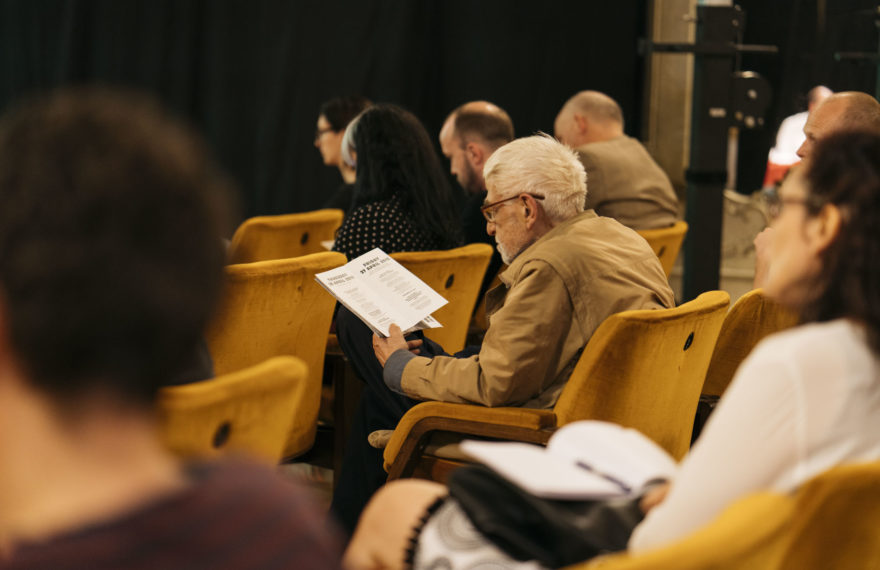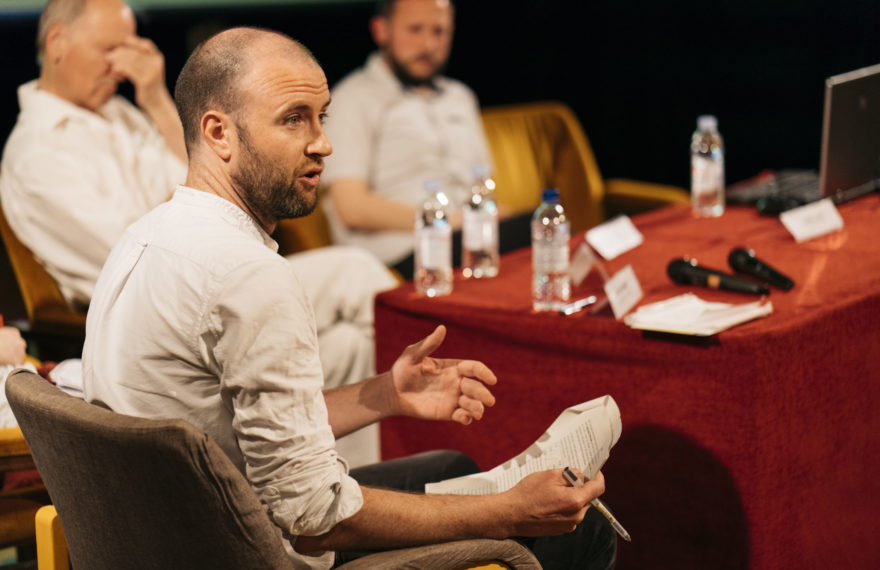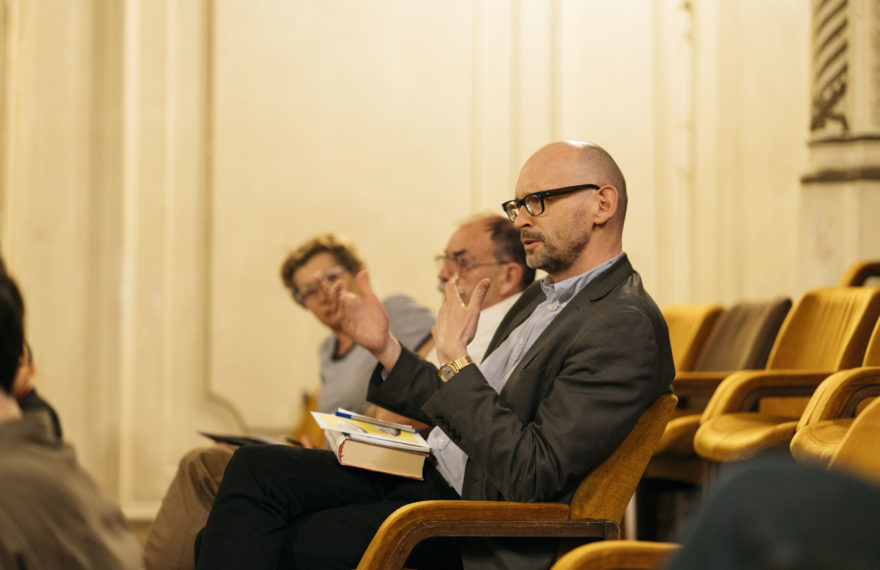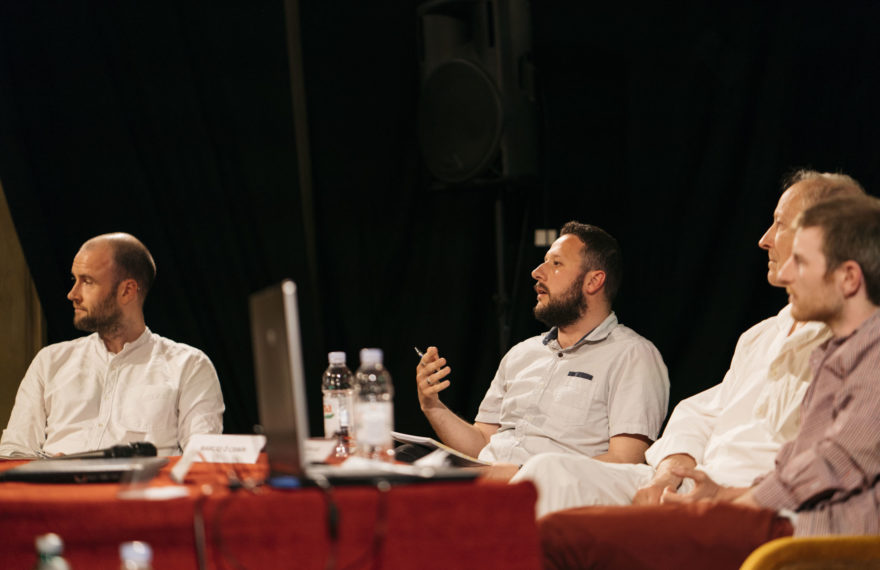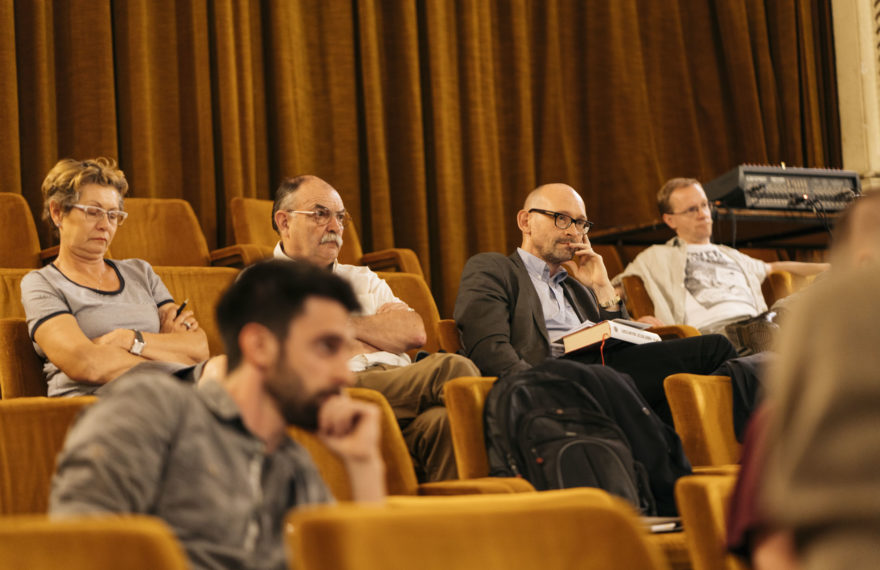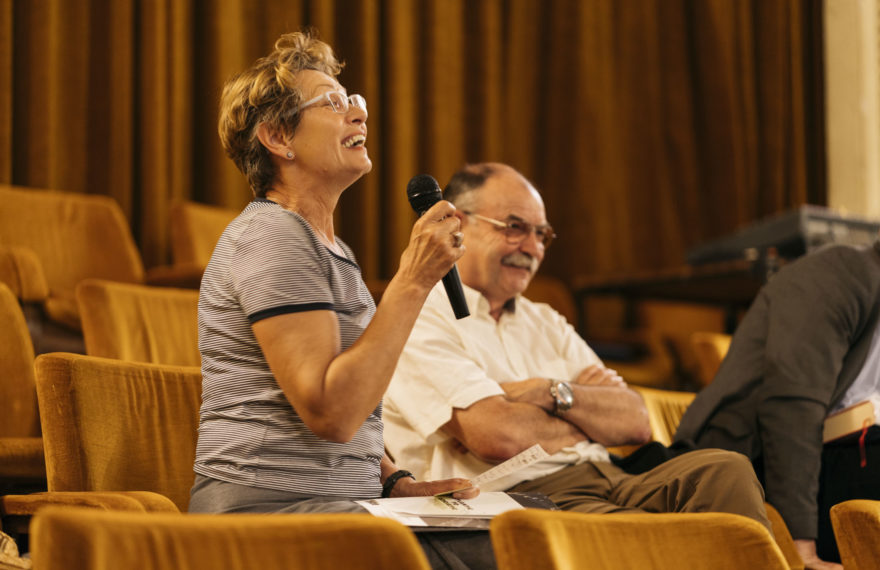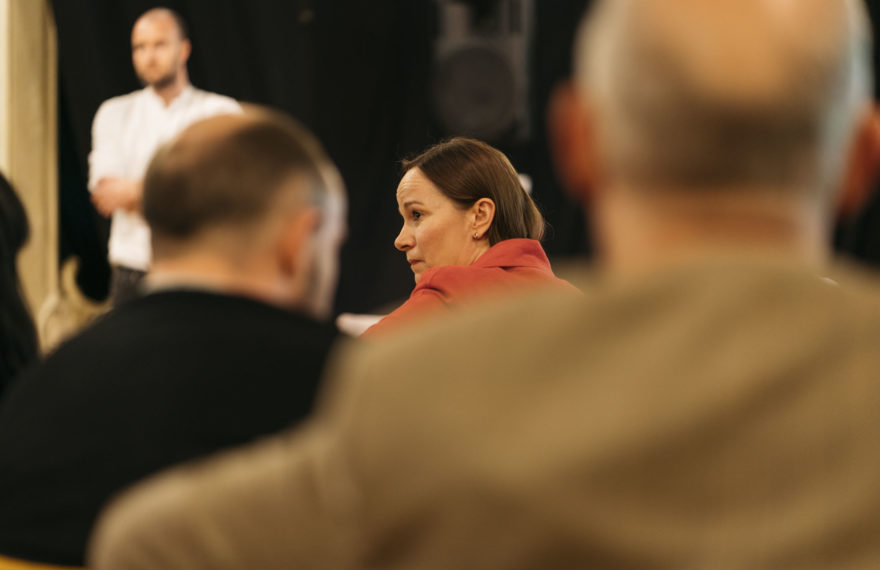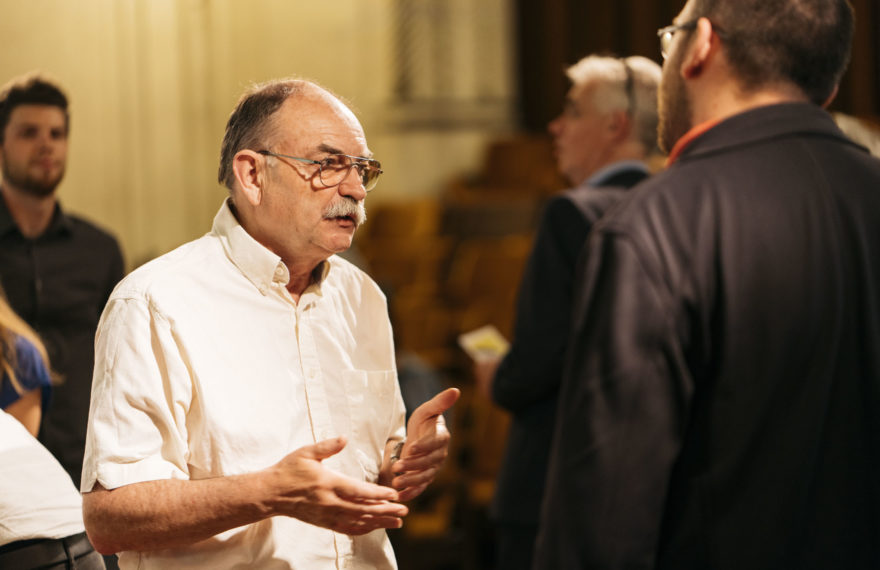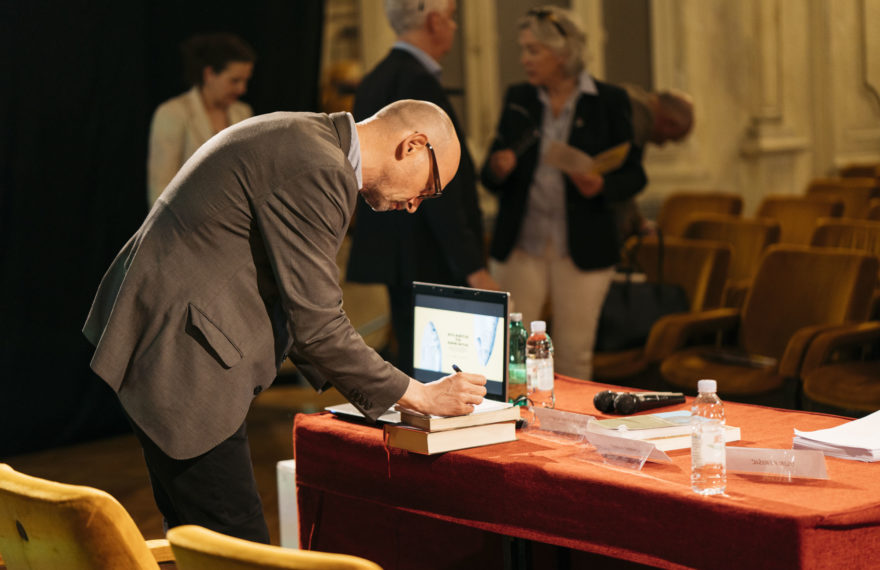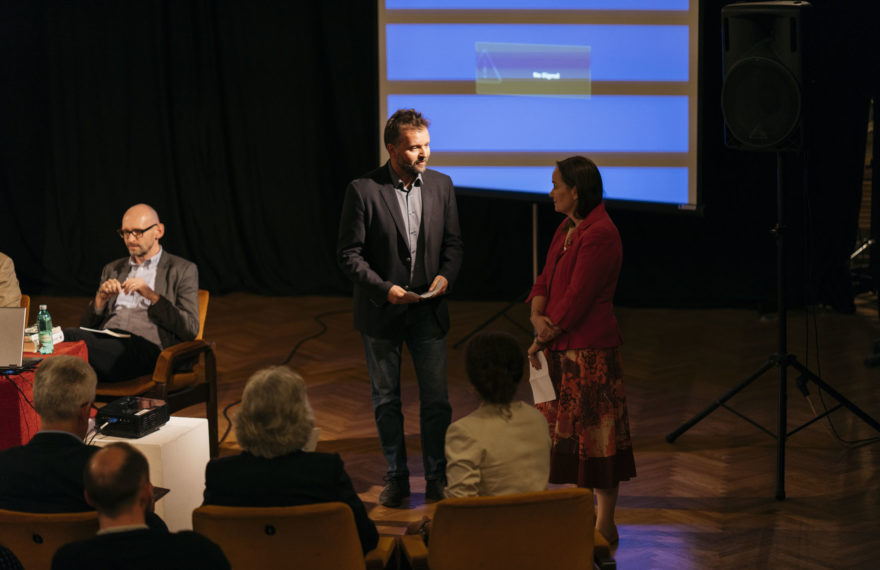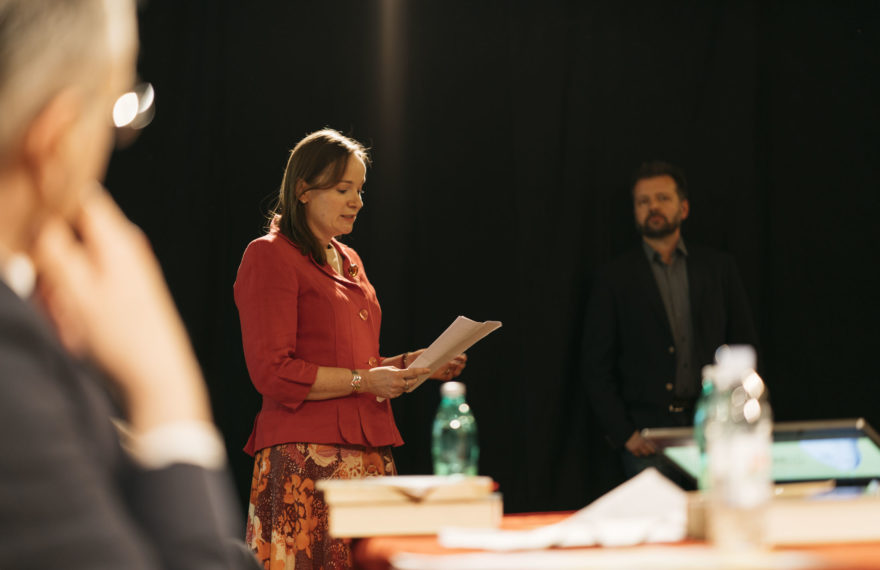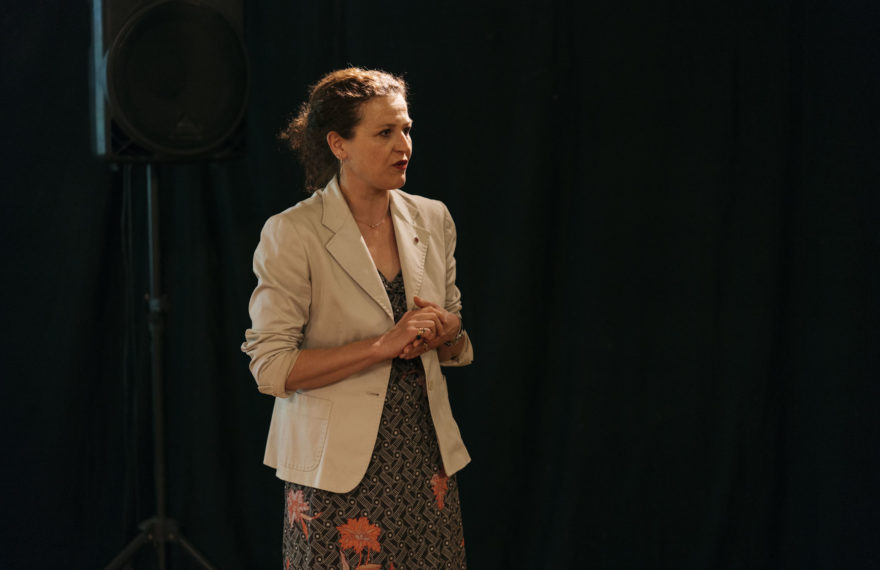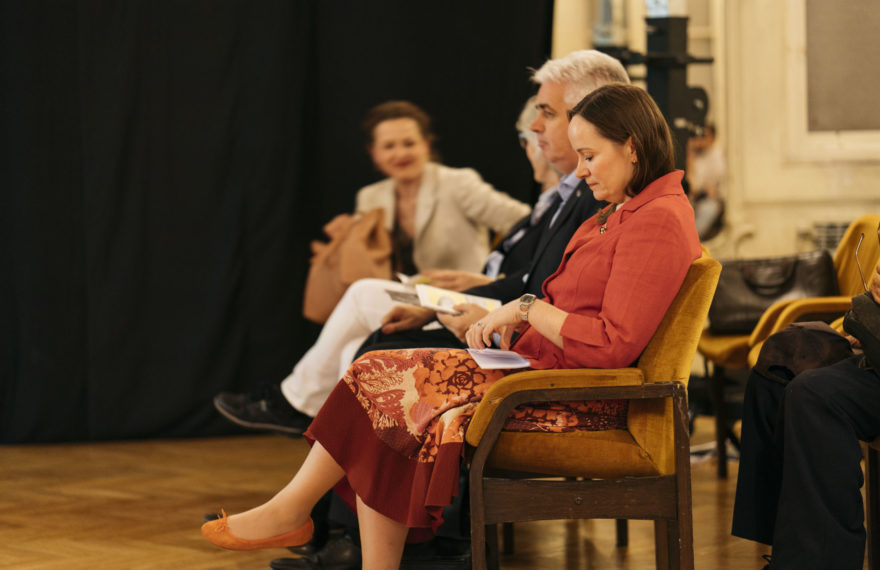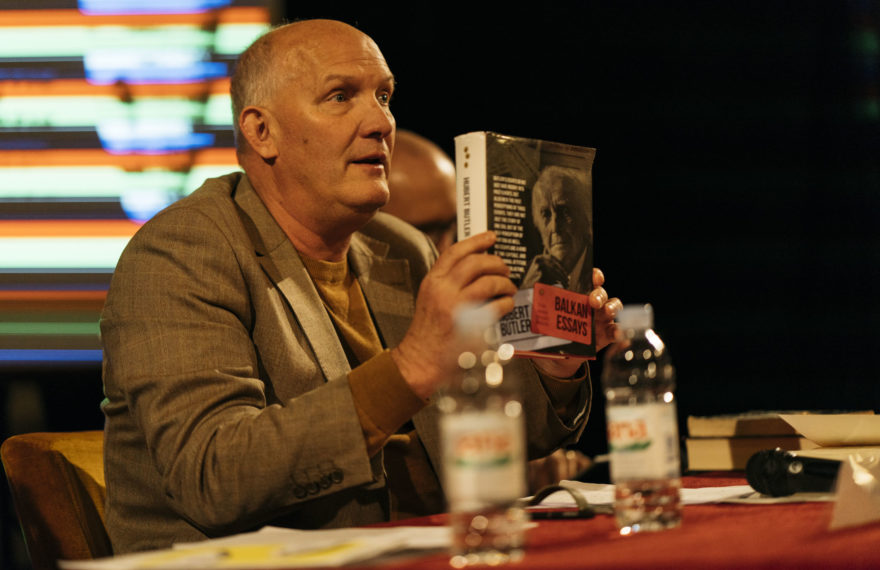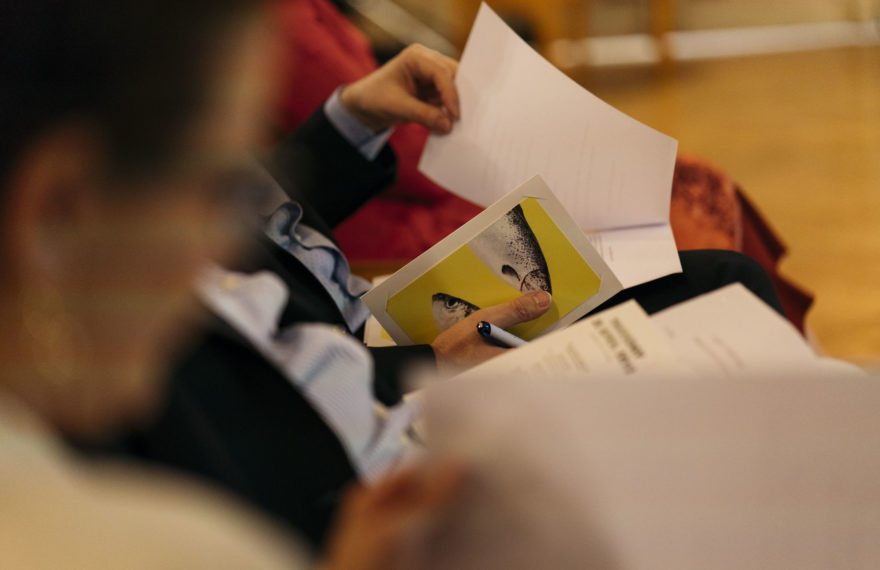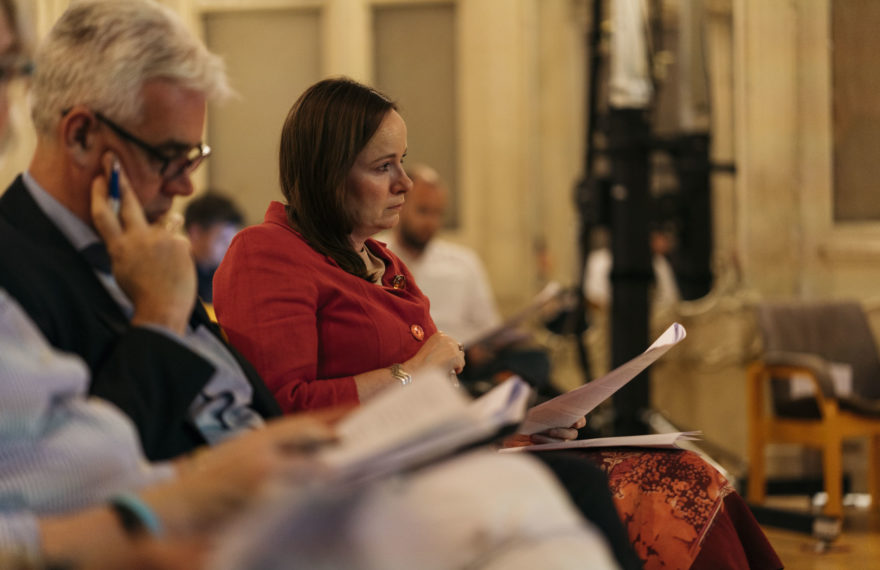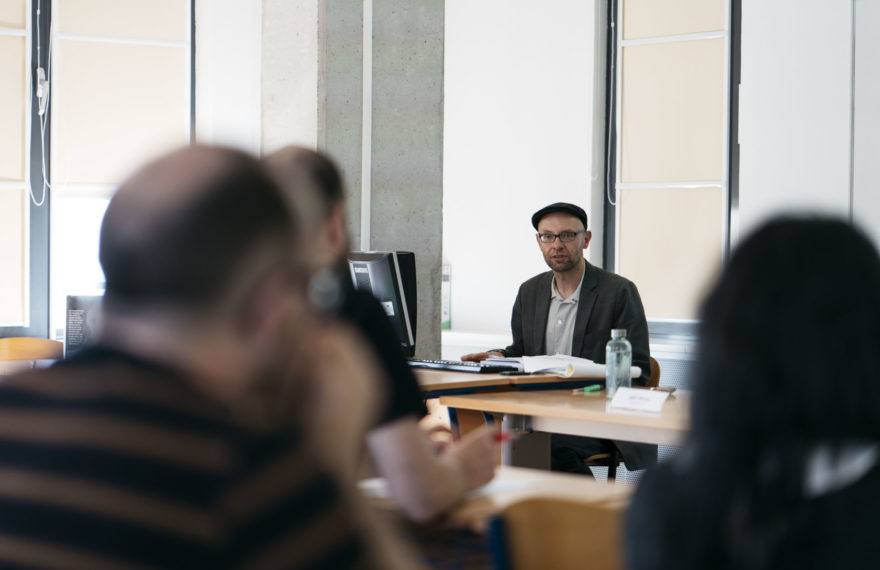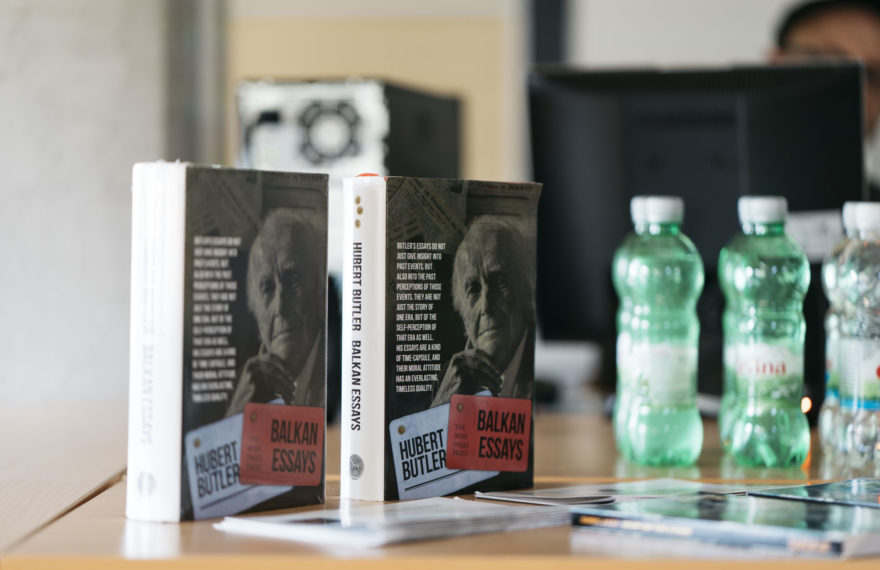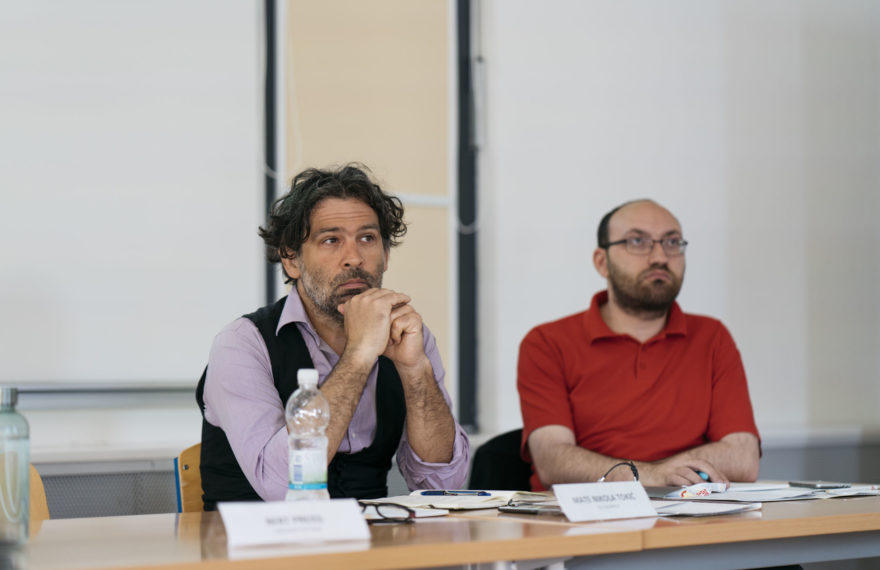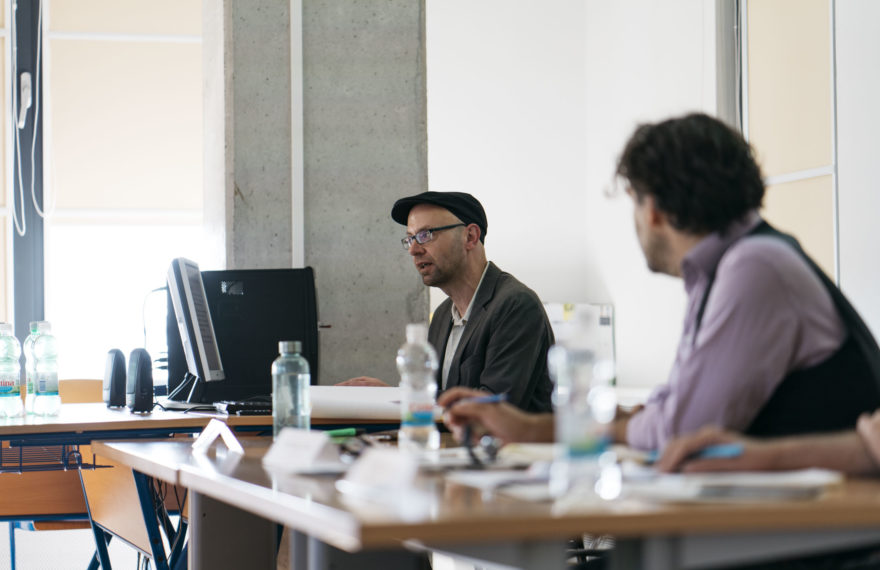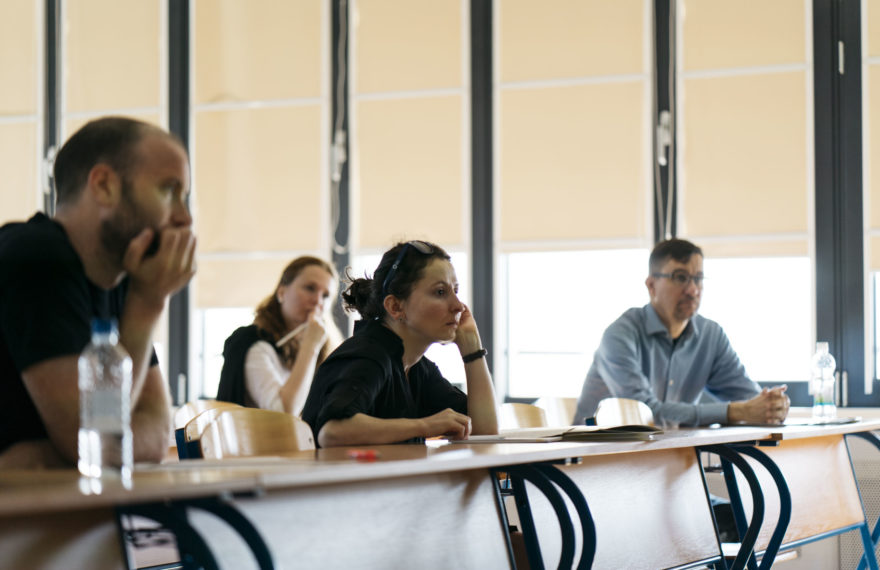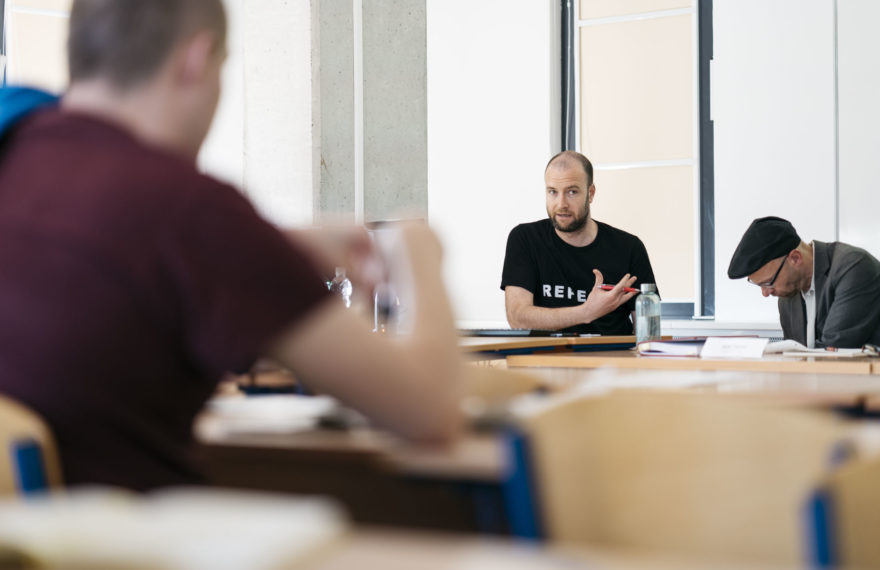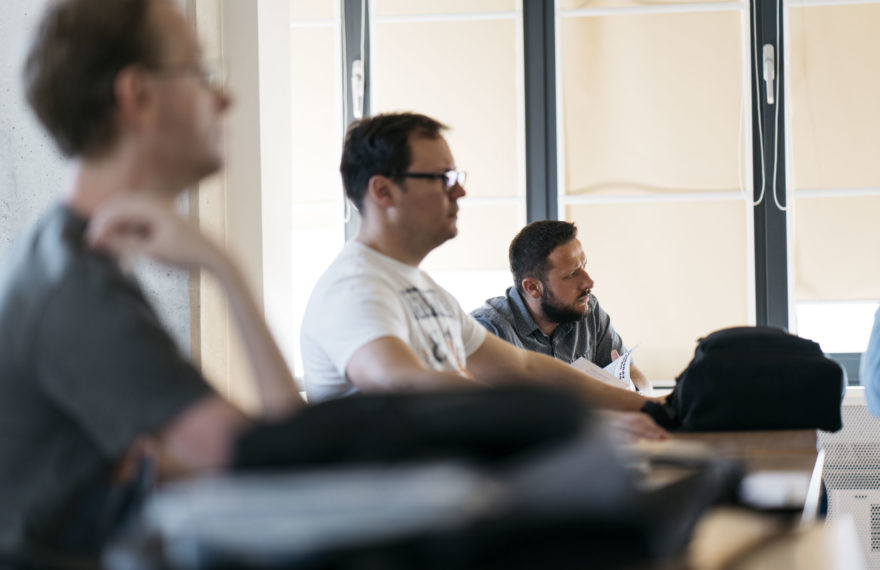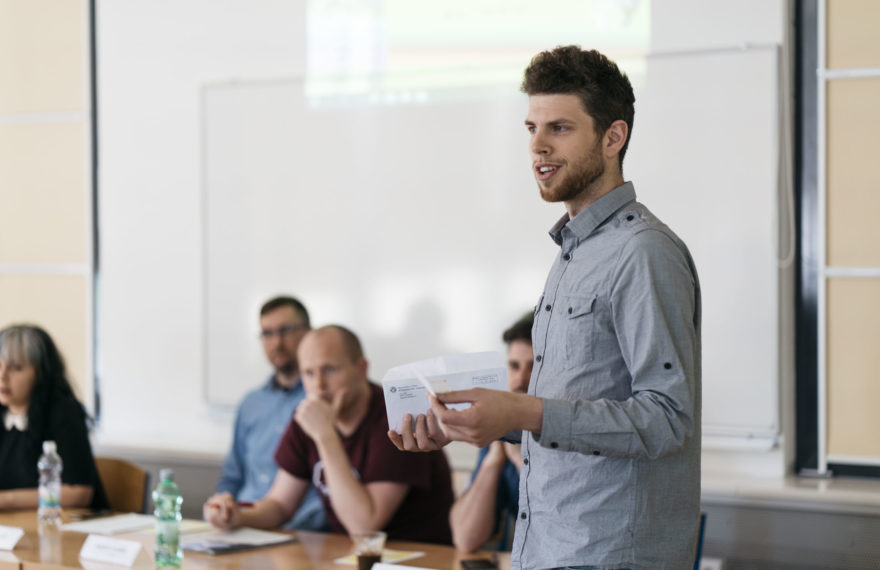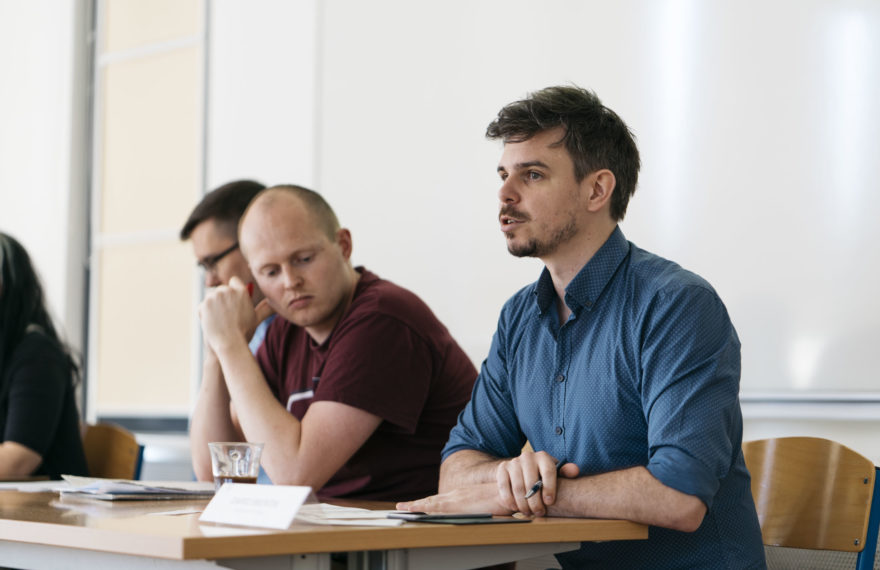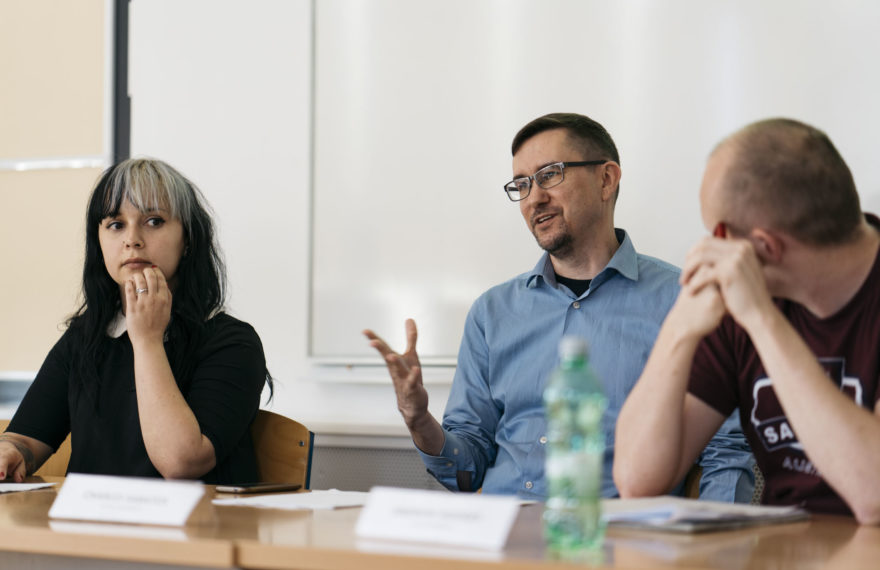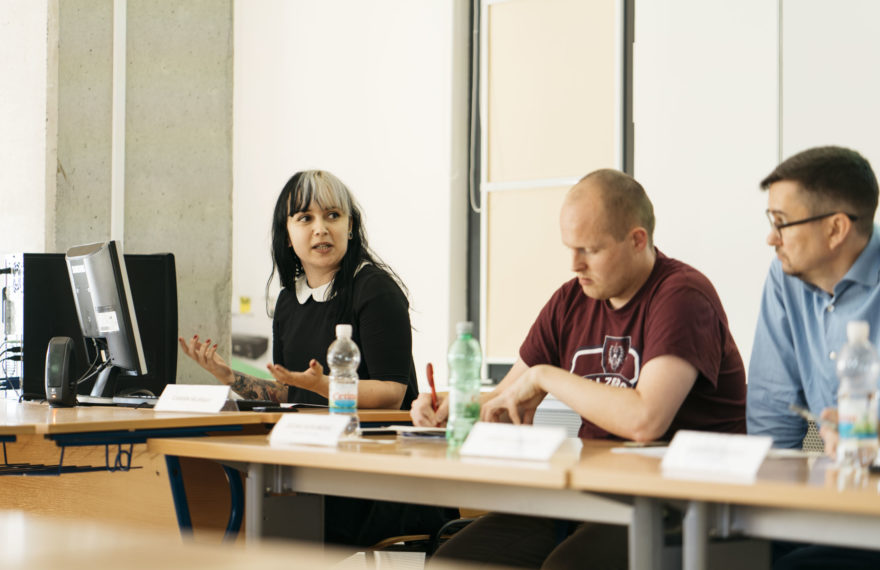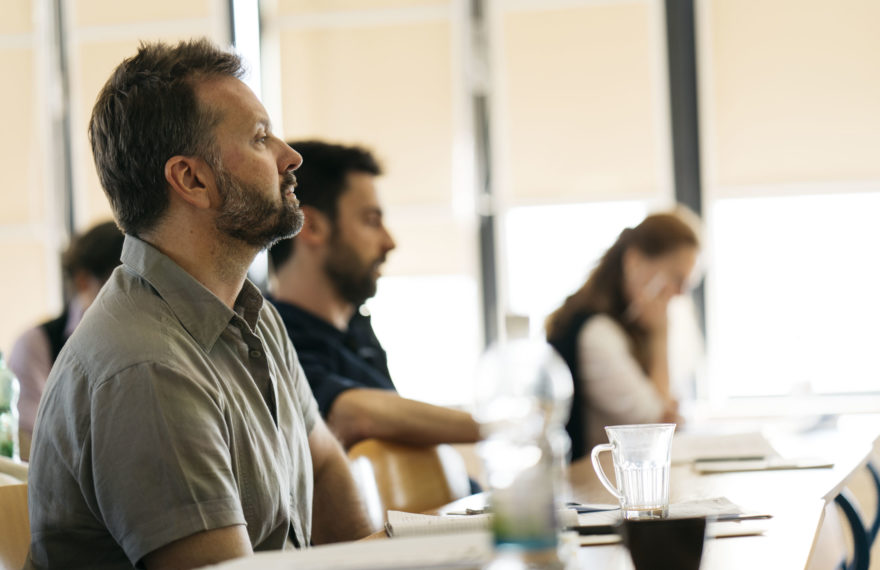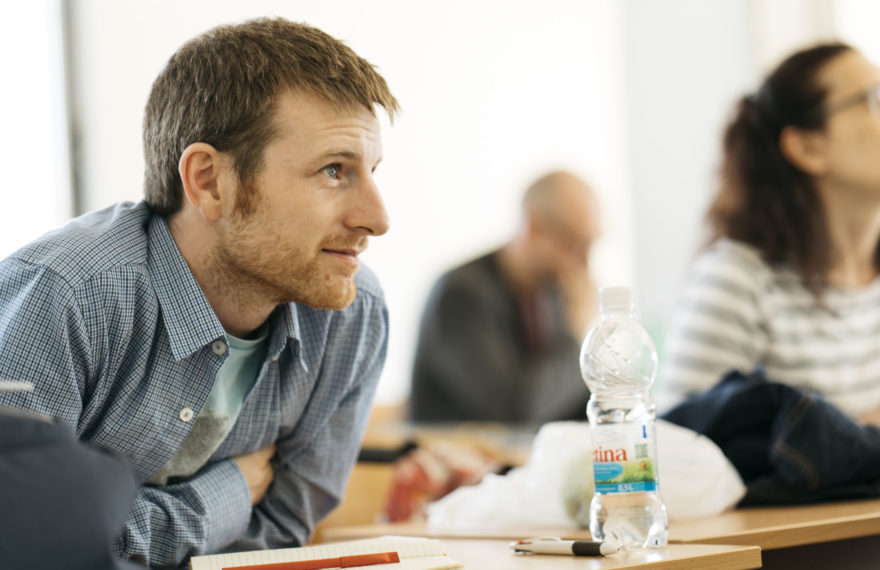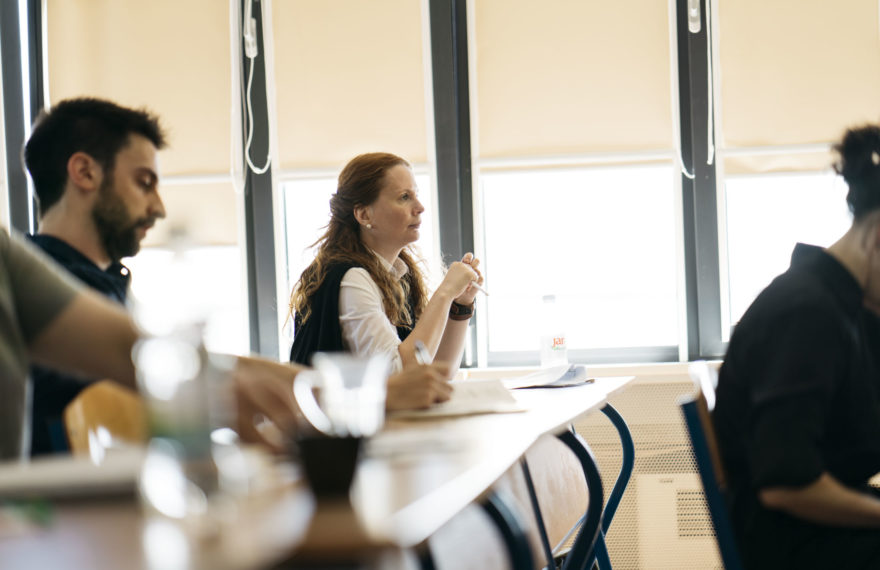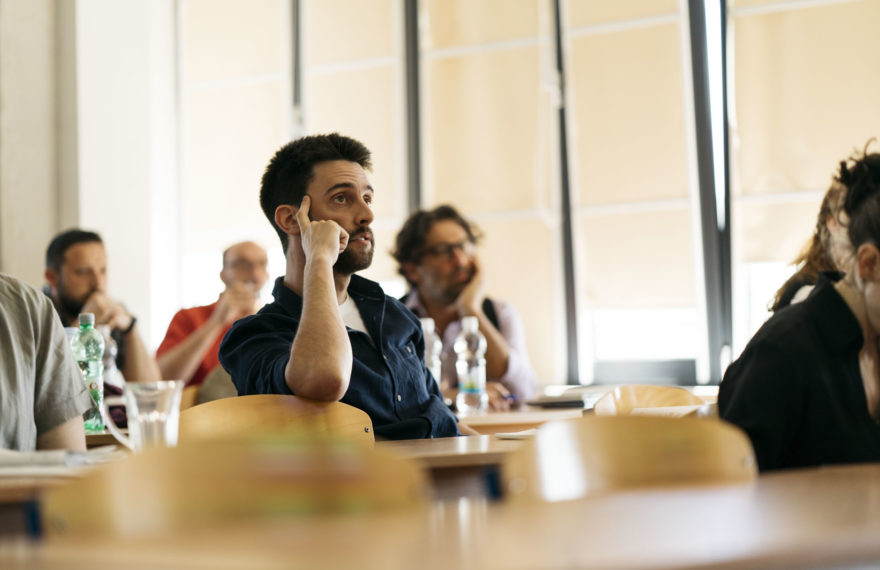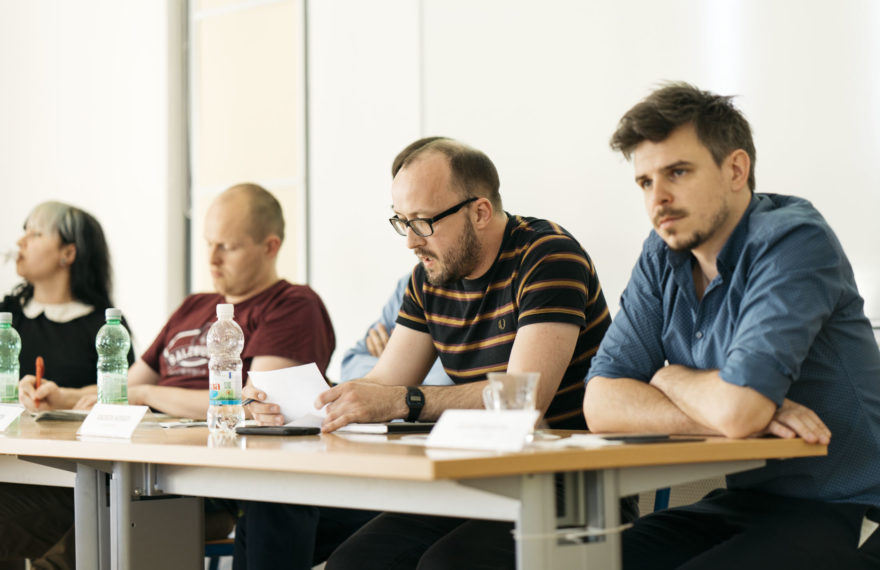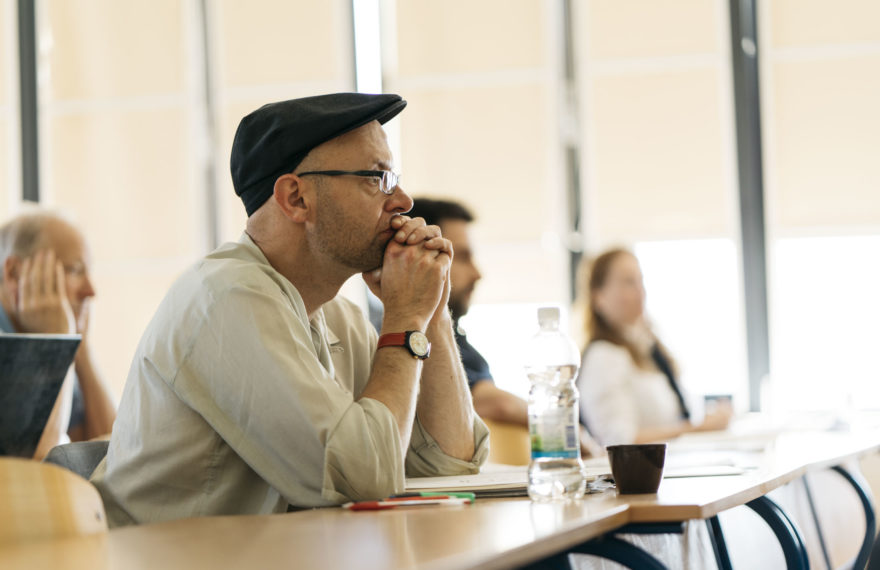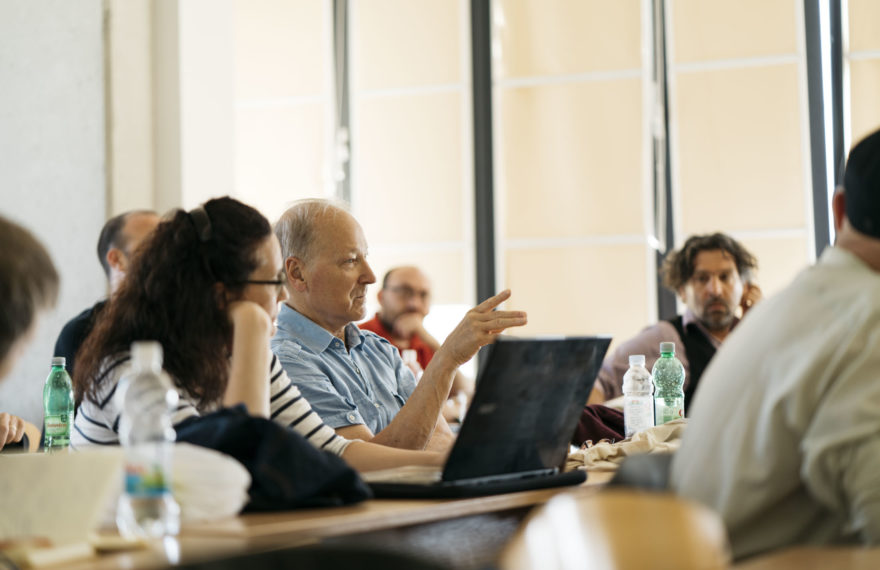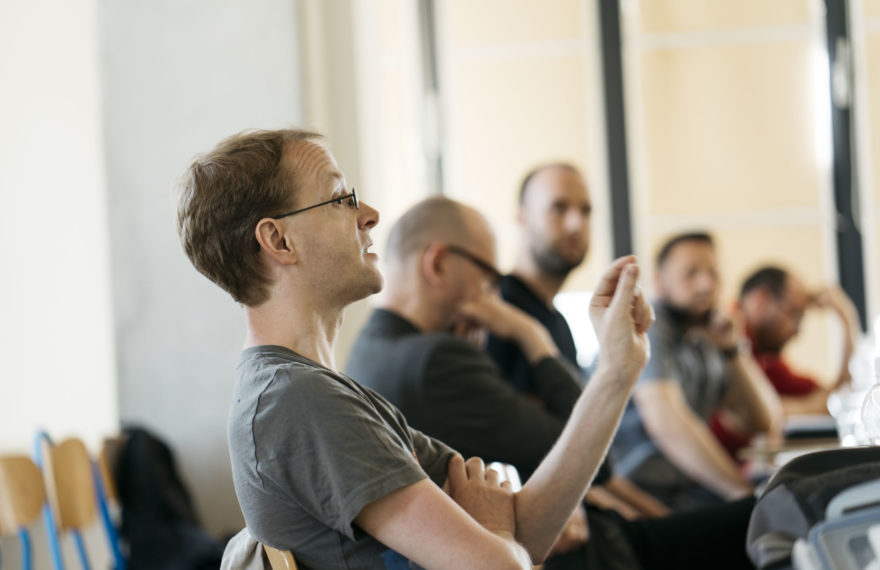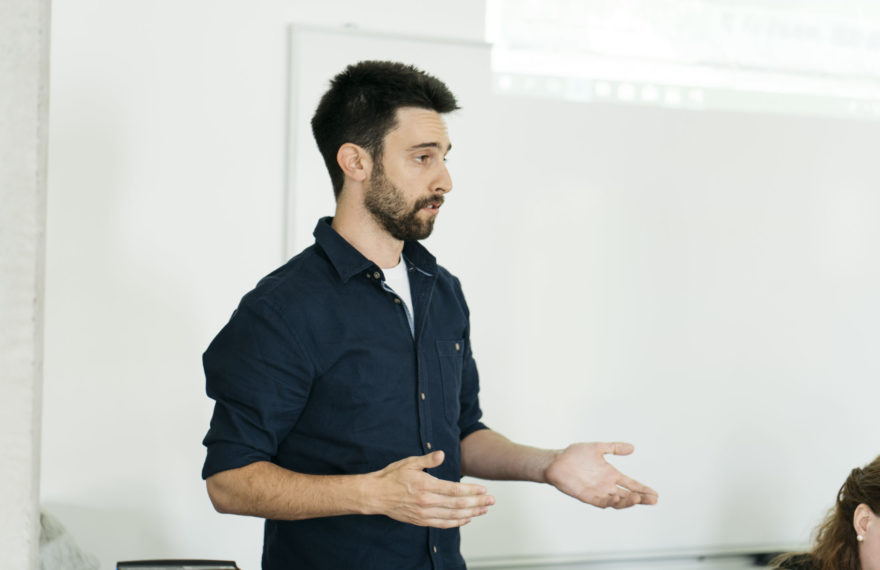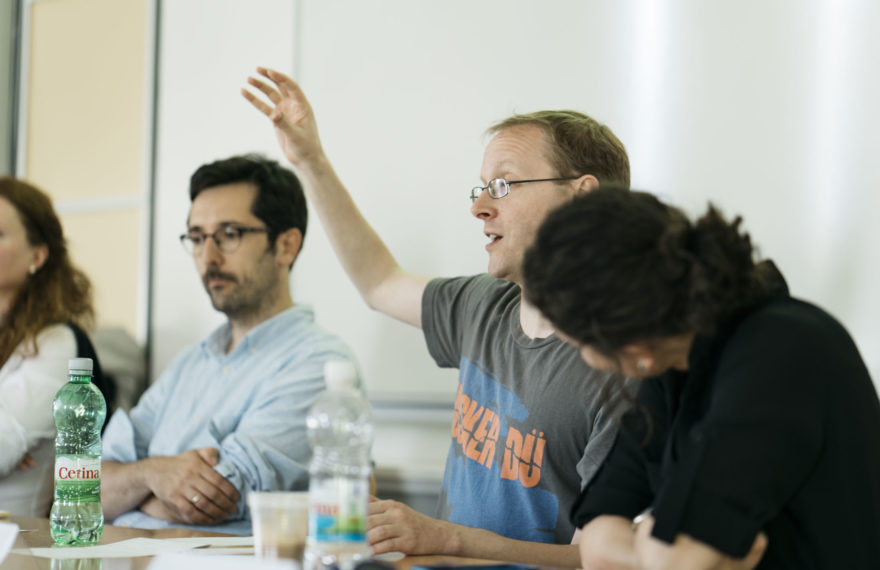The symposium “Atlantic to Adriatic: Contact points and historical parallels between Ireland and Southeast Europe held on 26 and 27 April 2018 in Rijeka hosted numerous scientists and researchers of interdisciplinary fields such as history, culturology, sociology and geography.
The papers presented at this symposium discover the links between Ireland and this part of Europe in a scientifically established manner.
On the first day, the panel “Migrations, language and religion” was held in Filodrammatica, moderated by Rory Archer from University College London.
Mario Katić of the Department of Ethnology and Anthropology of the University of Zadar held a lecture called “Maritime pilgrimages” in which he presented examples of Croatian island-holy sites in Dalmatia – Zvečevo, Gospa od sniga, Gospa od škrpjela, as well as the Kornati archipelago with its holy sites. The contemporary context is also quite interesting here as the holy sites also act as attractive tourist destinations. Religious life is very significant for the local population, as is life by the sea. The most famous Irish example of an island-holy site is Saint Macdara, a medieval Christian monastery and national monument. Mario Katić focuses on the anthropology of death, anthropology of pilgrimage, urban anthropology, folklore studies and methodology. He conducts field research in Dalmatia, Bosnia and Hercegovina and Ireland.
Marcas O Cribin, researcher from Graz, compared the relationship towards the church in Croatia and Ireland in his comparative case study “Secularisation and desecularisation – the role of religion in civil society and national identity.” According to his research, Croats are more attached to the church than the Irish. In addition, religious education in schools is more deeply ingrained in Croatian than it is in Ireland, and young Irish people are more open towards new ideas and directions. The institution of the church is old-fashioned in Croatia and there are more and more charismatic people such as the controversial don Damir Stojić. A comment from the audience noted that unlike Ireland, communism was present in Croatia which surely had consequences regarding the perception of religion in the two countries.
The event ended on a more formal note with a speech by Irish ambassador to Croatia Olive Hempenstall.
The symposium continued at the Faculty of Humanities and Social Sciences, and moderator Rory Archer announced that it is just the beginning of what the scientists will be doing in the near future.
